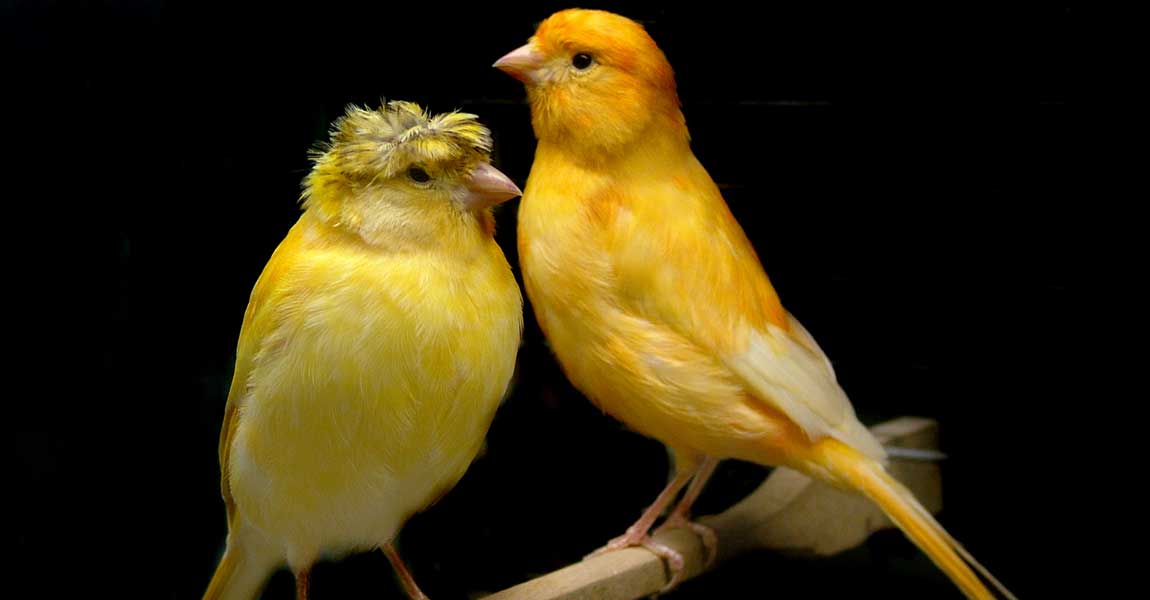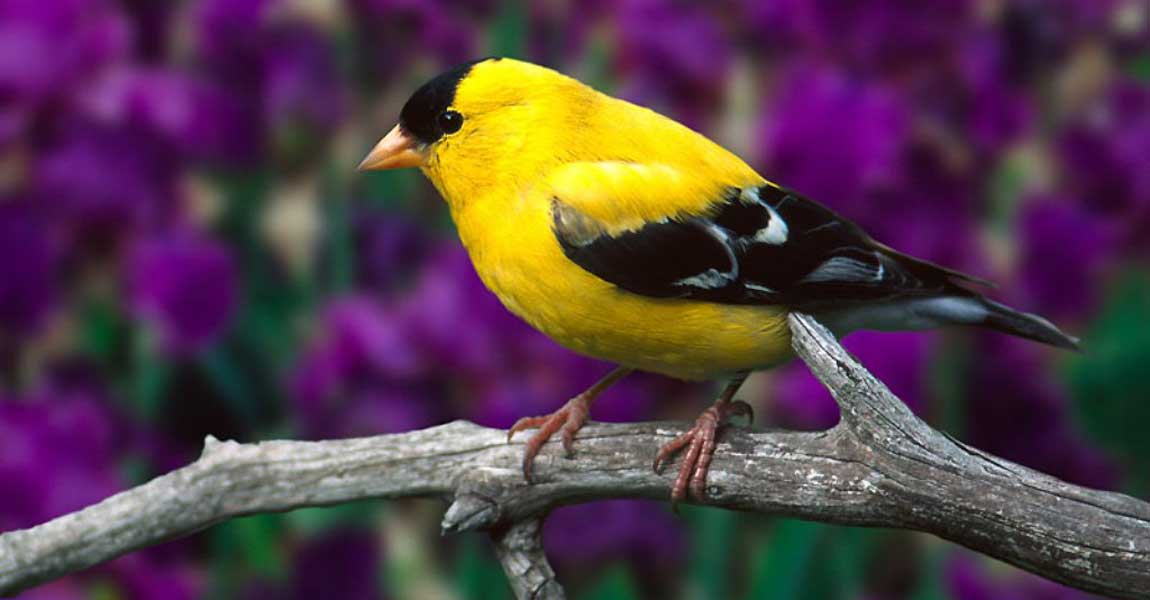Traveling with an exotic pet requires careful planning and adherence to specific regulations, especially when visiting or moving within South Africa. To ensure a smooth and legal journey with your exotic companion, it's crucial to understand the necessary considerations and the applicable South African laws regarding travel permits for exotic animals. In this article, we will explore the key factors to consider when traveling with an exotic pet in South Africa and provide an overview of the country's regulations surrounding travel permits.
Research and Planning:
Species-specific considerations:
Before traveling, thoroughly research the specific needs, behaviors, and health requirements of your exotic pet. Ensure that the travel conditions and destination are suitable for their well-being.
Veterinary consultation:
Schedule a visit with a veterinarian experienced in exotic animal care to ensure your pet is healthy, up to date on vaccinations, and fit for travel.
Travel arrangements:
Plan your travel itinerary in advance, including transportation methods, accommodations, and any necessary permits or documentation required for your exotic pet.
Understanding South African Regulations:
National Environmental Management:
South Africa's National Environmental Management: Biodiversity Act (NEMBA) regulates the import, export, and transport of exotic animals.
Listed species:
Some exotic animals are protected or restricted under South African law. Check if your pet species is listed as a prohibited, invasive, or protected species. The South African National Biodiversity Institute (SANBI) provides a comprehensive list of these species.
Travel permits:
Depending on the type of exotic pet and the purpose of travel, you may need to obtain a travel permit. The permit application process involves providing detailed information about your pet, the reason for travel, and the specific travel itinerary. Contact the appropriate authorities, such as the South African Department of Environment, Forestry, and Fisheries (DEFF), for guidance on permit requirements.
Travel Permit Application Process:
Research permit requirements:
Familiarize yourself with the specific permit requirements for your exotic pet species and the purpose of travel (e.g., personal relocation, exhibition, research, etc.).
Gather necessary documentation:
Prepare the required documentation, which may include proof of ownership, veterinary health certificates, vaccination records, and import/export permits if applicable.
Submit the application:
Complete the permit application form and submit it to the relevant authority well in advance of your travel dates. Be sure to follow the specified guidelines and provide accurate information.
Allow ample processing time: Permit processing times can vary, so submit your application with sufficient lead time to avoid any travel delays or complications.
Additional Considerations:
Transportation:
Choose a reputable and experienced transportation provider that has the expertise in handling exotic animals. Ensure that the mode of transportation (air, road, etc.) complies with the regulations and provides suitable conditions for your pet's comfort and safety.
Accommodations:
Confirm that your chosen accommodations allow exotic pets and provide appropriate facilities for their well-being.
Health and Safety:
Carry necessary supplies such as food, water, bedding, and any required medications for your pet during the journey. Ensure they are securely contained and have proper identification, including tags and microchips.
Public Interaction:
Be mindful of local regulations and cultural norms regarding public interaction with exotic animals. Respect the welfare of your pet and the safety of others by avoiding unnecessary exposure or potential harm.
Conclusion:
Traveling with an exotic pet in South Africa requires careful preparation and compliance with specific regulations. By conducting thorough research, understanding the South African laws regarding travel permits, and following the necessary procedures, you can ensure a safe and legal journey for both you and your exotic companion. Remember to prioritize your pet's well-being, seek professional advice when needed, and respect the local environment and regulations throughout your travels.






